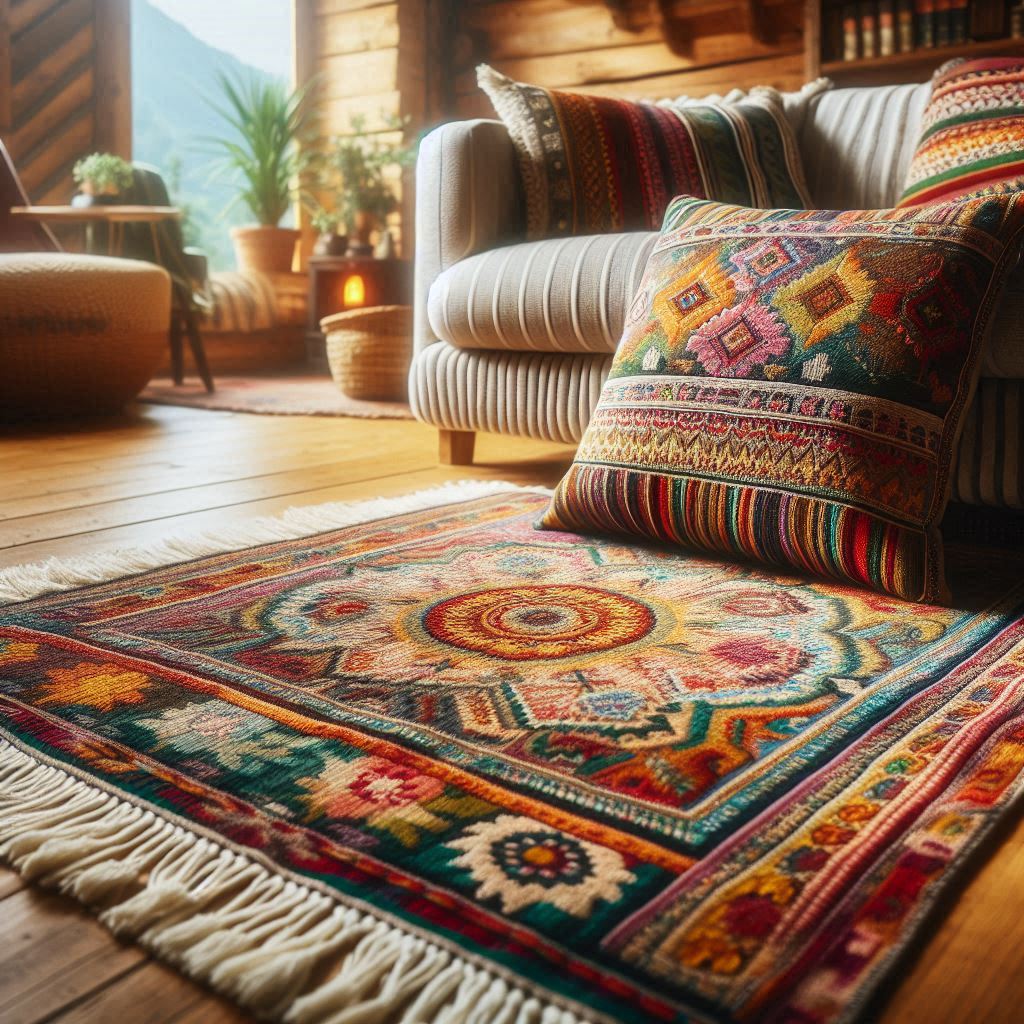Nepali Wool

The use of wool has a long history in Nepal. The early 1800’s and the Anglo-Nepal war that shaped Nepal’s current geography, was heavily influenced by trade dynamics and has even been nicknamed The Pashmina War.
The East India Company’s aggression towards Nepal may have been directed by an agenda to access routes to Tibet where shahtoosh wool was produced from the Chiru Antelope.
Nepal itself has a long history connected to wool production and trade. In the 4th century BCE literature, Kautilya Arthashastra speaks about woolen blankets that are exported from Nepal to India.
The Rulers of Mustang would bring gifts such as wool carpets and blankets to rulers of Kathmandu and ask to be paid to fund new projects. After Nepal opened its borders to the world, the dynamics changed, and Nepal started to become more of a wool carpet exporter.
Nepal is the 15th largest importer of wool in the world, which allows Nepal to import cheap raw materials and produce high-value Nepalese hand-knotted carpets. Carpet, alone makes 65% of Nepal’s total exports.
The carpet industry provides 10% of job opportunities to communities that live under the poverty line.
Nepal even sells carpets to China. Olangchung Gola, a very small bordering area between Nepal and China, has 52 local houses and 37 carpet-weaving machines, revealing that carpets are the most popular commodity in Nepal.
Carpet weaving is an ancestral profession, and is a craft that is passed on from generation to generation. Men usually tend to yaks, and mountain cows and do household chores while women do household chores and produce traditional carpets. It normally takes 12 days to weave a carpet.
The thread used in carpet weaving is brought from China while the chemicals used to color the yarn are imported from Darjeeling India. Chinese consumers prefer Nepali carpets as they are comparatively cheap, long-lasting, and warm. They produce various designs from monochromatic to multi-colored ones that are popular in China.
There are also rich stories such as Jan-Kath the European carpet dealers who own stores in Boudha in Kathmandu, an example of lucrative thriving businesses in the capital of Nepal.
Author
Kripendra Amatya
Editor
Dana Moyal Kolevzon, Director of International Relations, Nepa~laya Productions
Published Date
October 25, 2024



